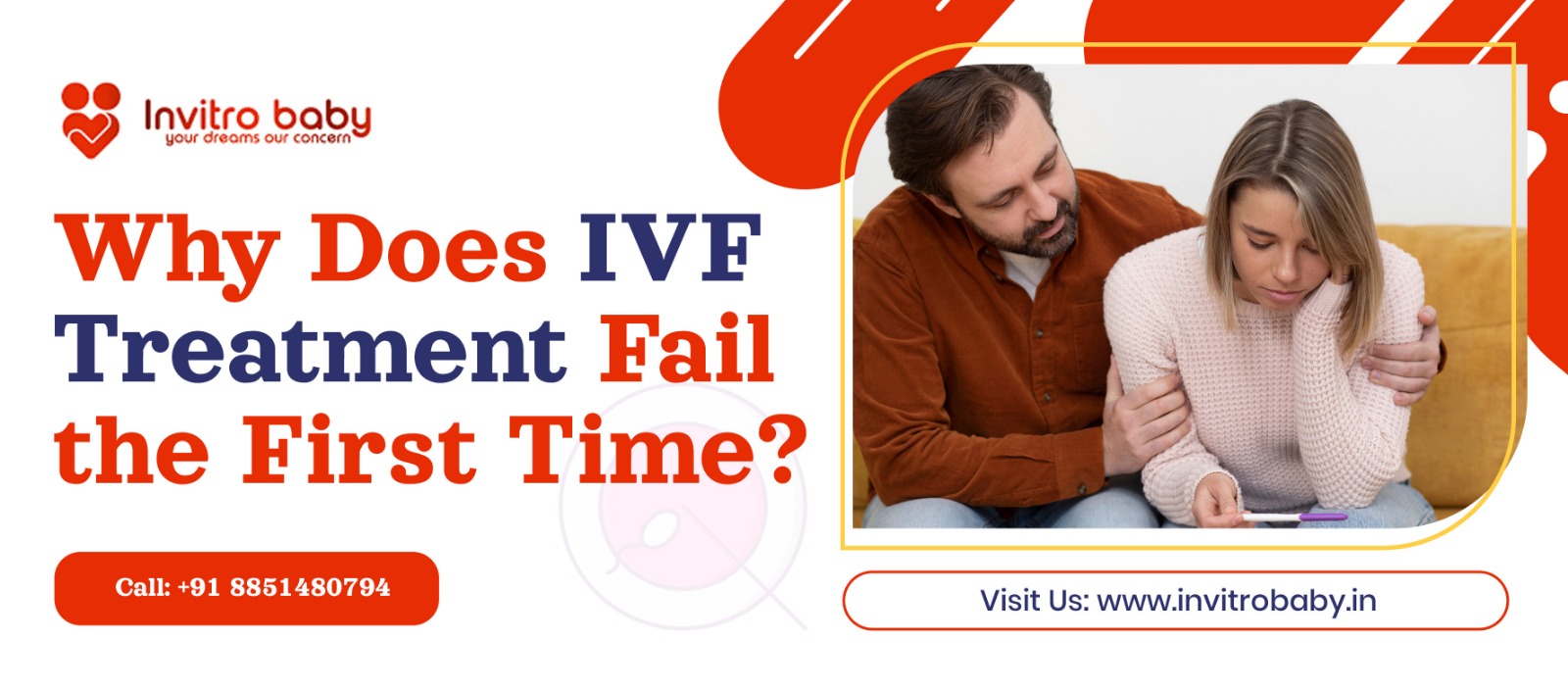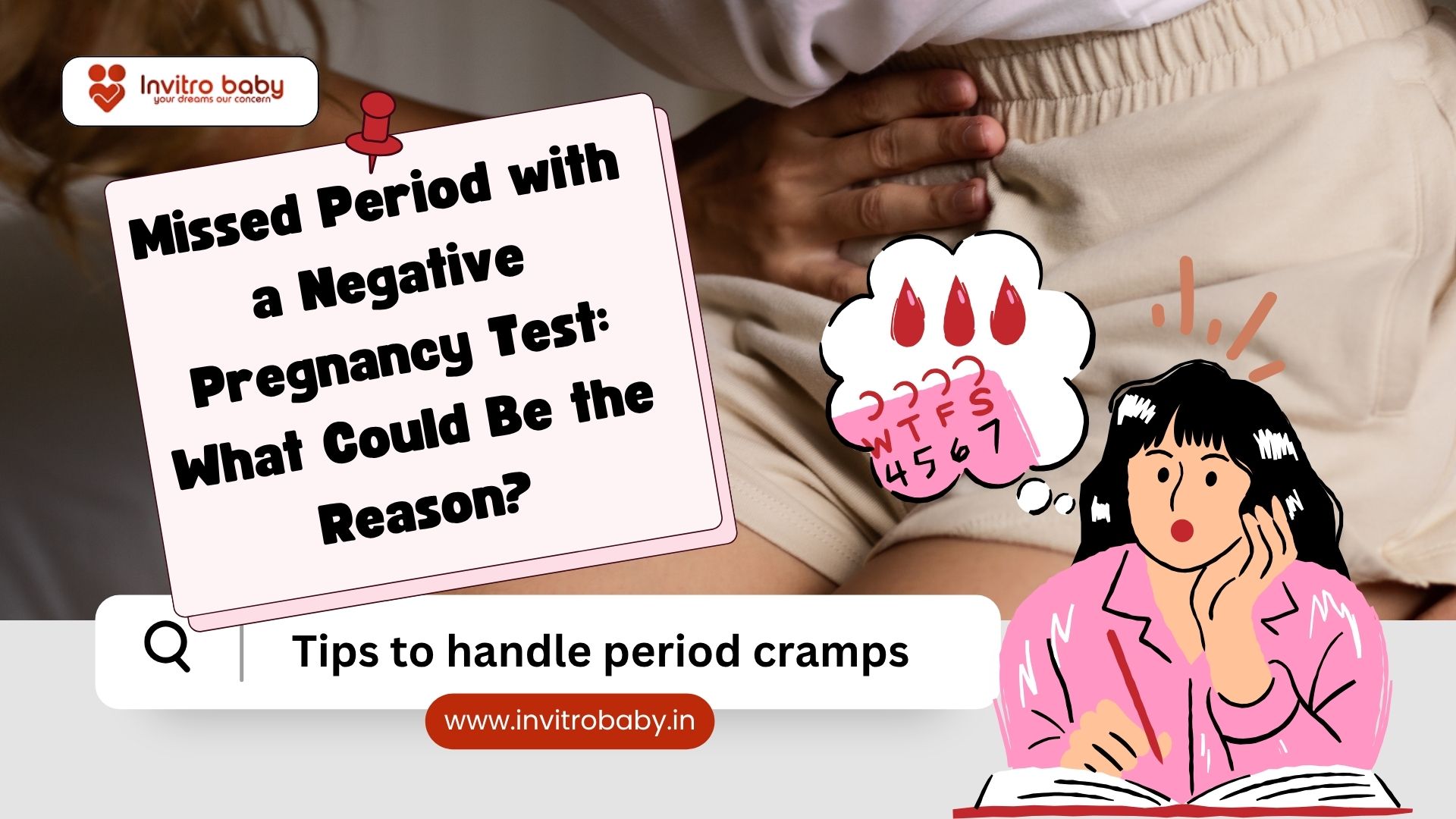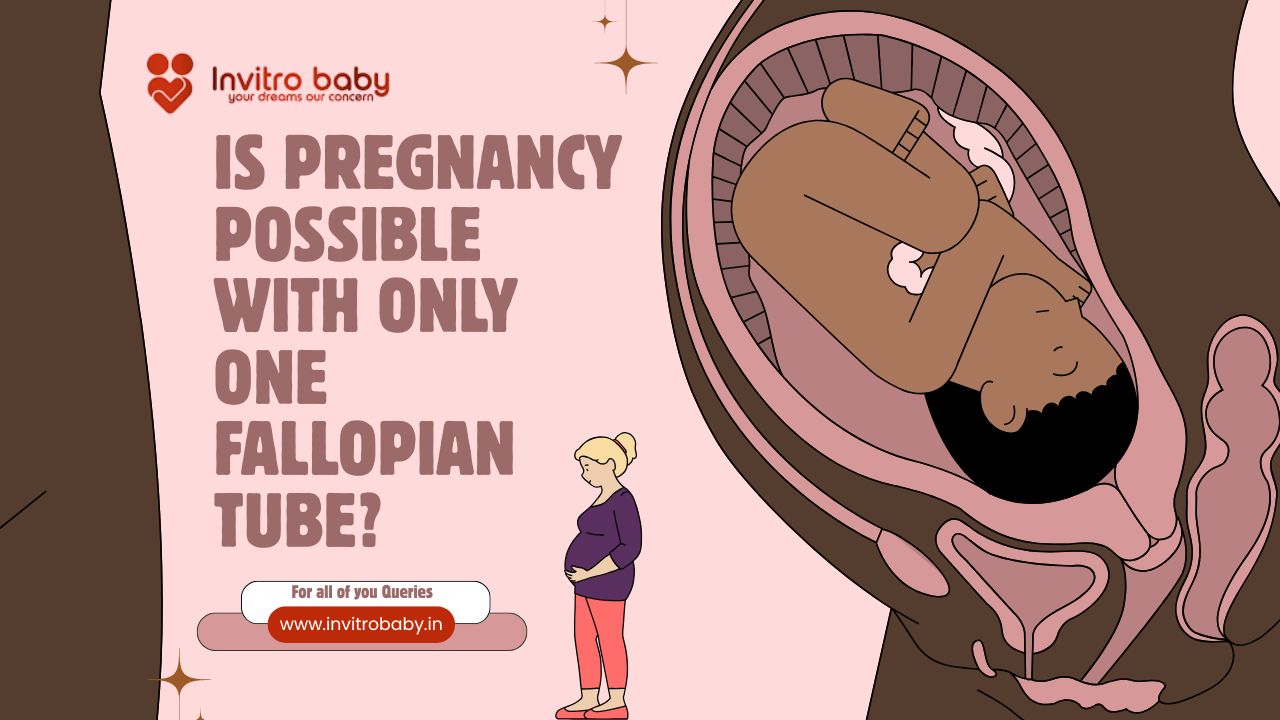IVF offers hope to infertile couples. Despite its potential, IVF does not guarantee success in the first cycle, leaving many patients disheartened and searching for answers. Understanding the reasons behind first-time IVF failures can provide clarity and pave the way for future success.
- Embryo Quality
The quality of the embryo plays a pivotal role in the success of IVF. Poor-quality embryos may fail to implant in the uterus or stop developing early. Factors such as chromosomal abnormalities in eggs or sperm often lead to compromised embryo quality, reducing the chances of success.
- Egg Quality and Quantity
As women grow older, particularly beyond the age of 35, both the quality and quantity of eggs decrease. Even with ovarian stimulation, the eggs retrieved may not be optimal for fertilization or healthy embryo development.
- Sperm Quality Issues
While sperm is often overlooked, its quality significantly impacts fertilization and embryo development. Low sperm motility, morphology, or DNA fragmentation can contribute to IVF failure.
- Uterine Environment
The uterus must provide a supportive environment for the embryo to implant. Conditions like uterine fibroids, polyps, or a thin endometrial lining can hinder implantation. Additionally, undiagnosed infections or immune responses in the uterus may also interfere.
- Lifestyle Factors
Certain lifestyle habits can negatively influence the outcome of IVF. Smoking, excessive alcohol consumption, obesity, and high stress levels are known to reduce the likelihood of a successful pregnancy.
- Timing of Embryo Transfer
Accurate timing is critical for embryo transfer. Transferring embryos when the uterus is not ready to receive them can lead to failure, even with high-quality embryos. Advances in technologies like embryo freezing (vitrification) now allow doctors to optimize this timing.
- Underlying Medical Conditions
If you have conditions like endometriosis, PCOS, or an autoimmune disorder, it’s important to discuss potential impacts on IVF with your doctor. If these conditions are not effectively managed, they can reduce the likelihood of success.
- Laboratory and Technical Factors
The quality of the IVF laboratory, the expertise of the embryologist, and the protocols followed during the procedure also impact outcomes. Small variations in the handling of eggs, sperm, or embryos can influence success rates.
- Unexplained Infertility
In some cases, the reasons for infertility remain undiagnosed even after extensive testing. This lack of clarity can complicate IVF treatment, as doctors are unsure of what specific issues to address.
What Can Be Done After an IVF Failure?
Experiencing an IVF failure can be emotionally challenging, but it is not the end of the road. There are steps to take that can improve future outcomes:
Comprehensive Testing
After a failed cycle, additional tests such as genetic screening, hysteroscopy, or advanced sperm analysis can help identify underlying issues.
Adjusting the Treatment Plan
Doctors may tweak medication protocols, opt for genetic testing of embryos, or recommend lifestyle changes to enhance future success.
Seeking Support
Emotional support through counseling or support groups can help couples cope and prepare for subsequent attempts.
Exploring Advanced Techniques
Techniques such as assisted hatching, egg donation, or surrogacy can be considered for cases where repeated failures occur.
Conclusion
The first IVF cycle is often a learning experience, providing doctors with valuable insights into a couple’s unique challenges. While failure can be disheartening, understanding the potential reasons and addressing them can lead to better outcomes in subsequent attempts. With persistence, expert guidance, and advancements in fertility treatments, many couples achieve their dream of parenthood.




